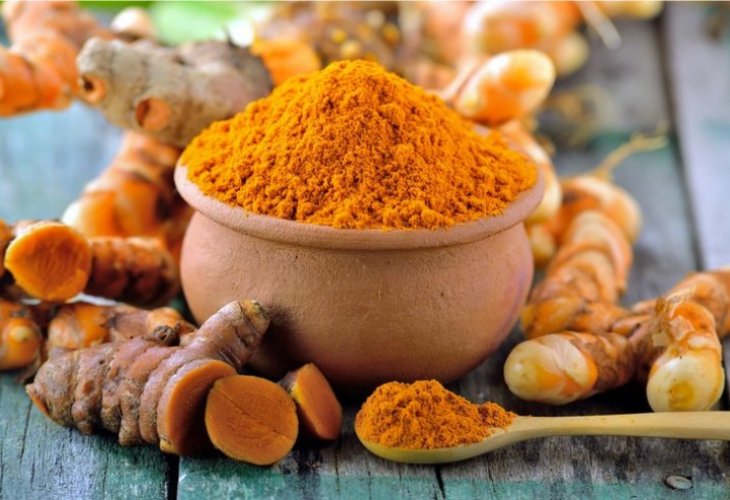Turmeric: Nature's Anti-Inflammatory Powerhouse
Exploring the health benefits of turmeric and why you might want to incorporate it into your diet. Plus, its role in managing fibrinogen levels.
 (Photo: shutterstock)
(Photo: shutterstock)Since ancient times, turmeric has been a staple in tropical regions such as India and South Asia, used to maintain food freshness and prevent spoilage. Its effectiveness in food preservation comes from its powerful antioxidant and antibacterial properties. Traditional Indian medicine has utilized turmeric for 500 years to promote health through blood purification, liver protection, digestive relief, arthritis care, and treatment of wounds and skin diseases (for external use).
In modern times, doctors are turning to turmeric for its potential in treating various cancers. British researchers recently discovered that turmeric serves as a potent natural anti-inflammatory. Many users report relief from rheumatoid arthritis symptoms. A daily dosage of up to 1200 mg is considered safe.
Turmeric also shows promise in preventing Alzheimer's disease. It can protect brain tissues without the severe side effects associated with cox-2 medications, which include high blood pressure and kidney failure.
Recent research suggests that turmeric might help slow the progression of multiple sclerosis, a condition where the immune system attacks the nerve coverings in the brain and spinal cord. Symptoms include muscle weakness, stiffness, balance problems, numbness, and vision disturbances. Incorporating turmeric into the diet significantly contributes to symptom prevention and disease management.
Turmeric also supports heart health in various ways. Firstly, it lowers blood cholesterol levels and helps prevent blood clots that could lead to heart attacks.
Fibrinogen
Fibrinogen is a protein essential for blood clot formation. Elevated fibrinogen levels are now recognized as a major risk factor for coronary heart diseases, like heart attacks, and cerebrovascular diseases, such as strokes. These diseases account for 60% of elderly mortality. Unfortunately, fibrinogen levels rise with age, and no medications currently exist to lower them.
Researchers administered 20 mg turmeric extract to study participants, and within 15 days, their fibrinogen levels dropped. Therefore, adding turmeric to your soups and stews is highly recommended for its color, flavor, and incredible health benefits. A daily dose of up to a teaspoon is advisable.
These recommendations serve as preventive care, not as a substitute for medical treatment.
To book home sessions with Rabbanit Rachel Betser, call 073-2221240 or 052-9551588

